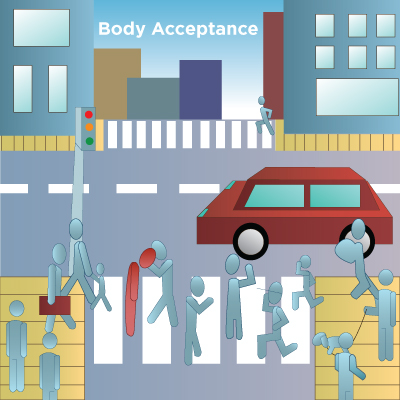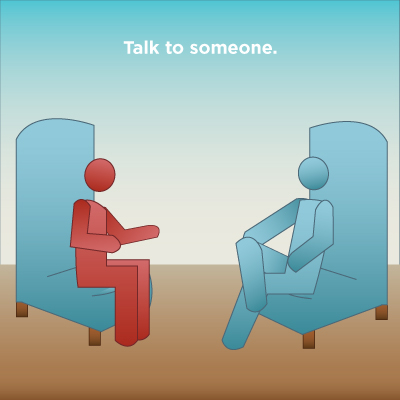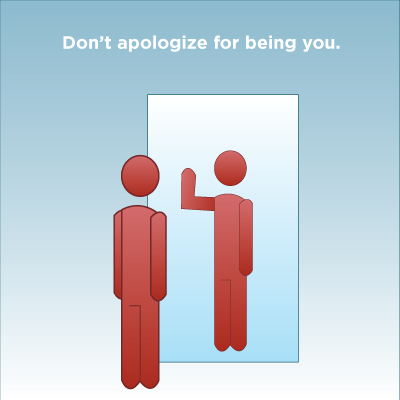
The journey to becoming body positive is long and frustrating for anybody, so what does body positivity look like for someone affected by chronic illness?
Studies show that up to women are much more critical of their appearance than men. Men tend to be pleased by what they see in a mirror or indifferent. However, chronic illness increases the chances of body dissatisfaction. There are a variety symptoms that can accompany chronic illness, be it something as simple as increased fatigue or something more visible like an oxygen tank. These can trigger a slew of mental health issues, including eating disorders.
The fact is, it’s harder to accept your body when you feel betrayed by it. 
For someone living with epilepsy, the threat of a seizure can affect that person’s relationship with their body. The spread of misinformation perpetuates negative stigma around epilepsy, making it harder to keep a positive body image. The worry of judgement and disapproval can be paralyzing and prevent someone from doing what they enjoy the most.
So, how do you keep a positive body image when living with epilepsy?
Educate on how to help.
The most important part of being body positive while living with epilepsy is to understand that this is not your fault. You don’t need to apologize when you need accommodation, when you’re not feeling your best, or especially when you have a seizure. Instead, you should use it as an opportunity to educate your co-workers, family, and friends on how to help you best.
If you surround yourself with understanding, caring people, you shouldn’t ever feel like you need to apologize. When you apologize for something that is out of your control – like your seizures – you’re teaching yourself that it is something to be ashamed of. Instead, teach others to help you feel more confident in yourself.
Talk to someone.
Coping is hard, but it’s harder when you try to do it by yourself. Sometimes talking to someone you trust can make the difference in whether you have a bad day or a good day. Leaving everything bottled up inside will only make you feel worse about your situation. It’s not uncommon to feel lonely and isolated when dealing with epilepsy, but it’s important to remember that you are not alone. 
Sometimes talking to your family and friends doesn’t feel like enough, so try going to a support group where you talk to people who really know what you’re going through. If you can’t make it out to a support group, there are online forums where you can chat with others who are experiencing similar issues. Experts say that talking relieves stress, especially when you break your problems down into smaller, more manageable tasks.
Watch this short video on www.ReachOut.com to hear others recount how talking to someone helped them. Remember, there’s always someone who will understand and talking about things will give you the confidence to accept them.
Be kind to yourself.
There’s a lot of talk on Instagram about #selfcare, but when you’re living with epilepsy, self-care is vital to your health and body image. It’s important to keep your body healthy by taking your medication, eating right, and exercising. Additionally, it’s just as important to keep your mind healthy.
 Those living with epilepsy have a higher risk of developing a cognitive or behavioral disorder, such as depression or anxiety. There’s also a higher risk of developing an eating disorder. Sometimes, these disorders can feel overwhelming and may even overshadow one’s seizures. That’s why it’s important to take care of your mental wellness. Whether that’s going to counseling, finding the right antidepressant, or spending time relaxing, take the time to focus on your mental health.
Those living with epilepsy have a higher risk of developing a cognitive or behavioral disorder, such as depression or anxiety. There’s also a higher risk of developing an eating disorder. Sometimes, these disorders can feel overwhelming and may even overshadow one’s seizures. That’s why it’s important to take care of your mental wellness. Whether that’s going to counseling, finding the right antidepressant, or spending time relaxing, take the time to focus on your mental health.
Physical and mental wellness go hand-in-hand. You can’t have one without the other. When you take care of both your mind and body, your self-perception will improve.




Comments are closed.